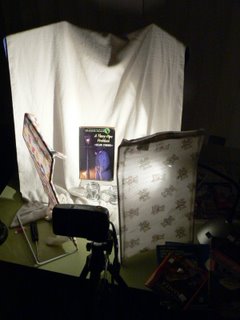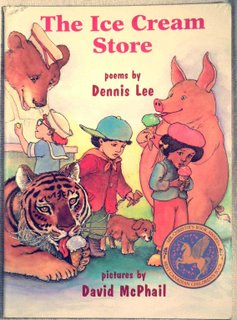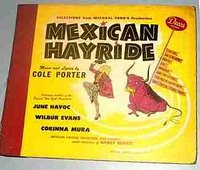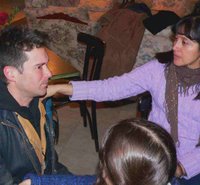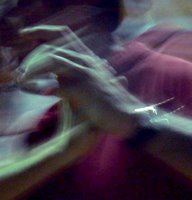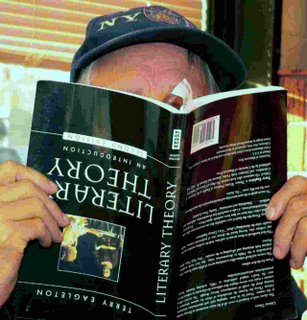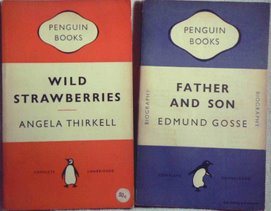ANSWER: THE LONELINESS OF (A) LONG-DISTANCE RUNNER
from -- Books and Writers
SILLITOE -- AN 'Angry Young Men' BRITISH AUTHOR
"Alan Sillitoe is generally grouped among the "angry young men" of the 1950s, with John Osborne, John Braine, John Wain, Arnold Wesker, and Kingsley Amis. He introduced in the post-World War II British fiction realistically portrayed working-class heroes, but his range as a writer has since widened. Sillitoe has published more than fifty books over the last forty years, as well as more than four hundred essays."
Stars, seen through midnight windows
Of earth-grained eyes
Are fullstops ending invisible sentences,
Aphorisms, quips, mottoes of the gods
Indicate what might have been made clear
Had words stayed plain before them.
(from 'Stars' in A Falling Out of Love, 1964)
Note (NBDR -
Blogaulaire)
Would the US's Beats, the prose and poetry writers who were most prolific in the 1950s on this side of 'the Pond', also qualify as members of "the angry young men" generation? In the 1960s, after the anti-nuclear mobilizations and the launch of the Soviet satellite Sputnik, the label used for both women and men who went counter to the Establishment culture was Beatniks (derived from Sput-nik).
But what about the evident class consciousness of this grouping of British writers? Was a more vague sobriquette invented to underplay the conflictual class issues that were raised within their published narrative? Or did the 'anger' that showed up in their fictional characters deviate so greatly from what proletarian writers had produced in the 1930s and '40s that this literary tendency deserved a new name-label with a less politically charged connotation?
It is interesting to note the link to science fiction writing and the 'angry young man' trend in the British and US novel of the 1950s. In the US, Kurt Vonnegut inherited the connection throughout the 1960s, yet very few other US writers carried both banners beside him, i.e., anger and fantasy.QUOTE
The various protagonists of Sillitoe's early fiction are generally restless young men from the slum world, who oppose the established order of things, but who are at the same time affected by consumerism and hedonism. Sillitoe rejected artistic elitism and instead of satirizing cosy middle-class British life, he focused on rebellious individuals and poor people, who have vile lives. "If I lost all I have in the world I wouldn't worry much," Sillitoe wrote in THE RAGMAN'S DAUGHTER (1963).
"If I was to go across the road for a packet of fags one morning and come back to see the house clapping its hands in flames with everything I owned burning inside I'd turn my back without any thought or regret and walk away, even if my jacket and last ten-bob note were in the flames as well."
The collection of short fiction was praised for its vitality. "Every story (and there is not one dud) has the exhilaration of revolutionary writing," stated Julian Jebb in The Sunday Times. THE DEATH OF WILLIAM POSTERS (1965), A TREE ON FIRE (1967), and A START IN LIFE (1970) formed a trilogy about a Nottingham factory worker. In the 1970s he produced another trilogy, consisting of THE FLOWER OF LIFE (1974), THE WIDOWER'S SON (1976) and STORYTELLER (1979). A selection of his short stories, mostly written beween 1959-1981, Sillitoe collected in NEW AND COLLECTED SHORT STORIES (2003).
Sillitoe has moved in his later works beyond this lower-class milieu towards analysis of the psychological states of his characters. In the autobiographical RAW MATERIAL (1972) he portrayed his grandparents, A Start in Life leaves the protagonist peacefully cultivating his garden, bemused by a prophecy that he will go wild again at thirty-five.
In 1959 Sillitoe married Ruth Fainlight; they had a son and adopted a daughter. THE RATS AND OTHER POEMS (1960) was Sillitoe's first published book of verse. "I have always regarded myself as a poet before novelist," Sillotoe once said, but he has met with little critical success for his poetry. In 1963 Sillitoe spent a month in the Soviet Union, recording his impressions in ROAD TO VOLGOGRAD (1964). Sillitoe has lived with his family mostly in London, but has also spent time in Tangier, Spain, and Israel. During the last years they have divided their time between London and France. best known for his novels, Sillitoe has also published children's books (starring a cat called Marmelade Jim), poetry, and plays. LIFE WITHOUT ARMOUR (1995) was an autobiography.
/END QUOTE
For further reading:
Alan Sillitoe by A.R. Penner (1972); Commitment As Art by Ronald Dee Vaverka (1978 - Dissertation--Uppsala Univ); Alan Sillitoe: A Critical Assessment by S.S. Atherton (1979); The British Working-Class Novel in the Twentieth Century, ed. by J. Hawthorn (1984); Alan Sillitoe by David Gerard (1988); Working-Class Fiction in Theory and Action: A Reading of Alan Sillitoe by P. Hitchcock (1989); Understanding Alan Sillitoe, ed. by Matthew Joseph Bruccoli (1999); The Long Apprenticeship: Alienation in the Early Work of Alan Sillitoe by John Sawkins (2001)
Selected works:
WITHOUT BEER OR BREAD, 1957
THE LONELINESS OF LONG-DISTANCE RUNNER, 1958 - (film 1962, directed by Tony Richardson, starring Michael Redgrave, Tom Courtenay, Avis Bunnage, Peter Madden, Julia Foster)
SATURDAY NIGHT AND SUNDAY MORNING, 1958 - (film 1960, directed by Karel Reisz, starring Albert Finney, Shirley Anne Field, Rachel Roberts) - Lauantai-illasta sunnuntai aamuun (suom. Erkki Haglund)
THE RATS, AND OTHER POEMS, 1960
THE GENERAL, 1960
KEY TO THE DOOR, 1961
THE RAGMAN'S DAUGHTER, 1963 - (film 1963, dir. by Harold Becker, starring Simon Rouse, Victoria Tennant, Ptrick O'Connell, Leslie Sands)
A FALLING OUT OF LOVE, AND OTHER POEMS, 1964
ROAD TO VOLGOGRAD, 1965
THE DEATH OF WILLIAN POSTER, 1965
A TREE ON FIRE, 1967
THE CITY ADVENTURES OF MARMALADE JIM, 1967
LOVE IN THE ENVIROS OF VORONEZH, 1968
GUZMAN, GO HOME, 1968
SHAMAN AND OTHER POEMS, 1968
ALAN SILLITOE SELECTION, 1968
Lope de Vega: All Citizens are Soldiers, 1969 (translation)
A START IN LIFE, 1970 (Bogaulaire is reading this novel . . . )
THIS FOREIGN FIELD, 1970
TRAVELS IN NIHILON, 1971
POEMS, 1971
THE RAGMAN'S DAUGHTER, 1972 (play from his story)
RAW MATERIAL, 1972
SHAMAN AND OTHER POEMS, 1973
MEN, WOMEN, AND CHILDREN, 1973
BARBARIANS, 1974
STORM, 1974
THE FLAME OF LIFE, 1974
RAW MATERIAL, 1974
MOUNTAINS AND CAVERNS, 1975 (essays, among others of D.H.Lawrence)
THE SAXON SHORE WAY, 1975 (with F. Godwin)
THE WIDOWER'S SON, 1976
PIT STRIKE, 1977
BIG JOHN AND THE STARS, 1977
3 PLAYS, 1978
THE INCREDIBLE FENCING FLEAS, 1978
THE STORYTELLER, 1979
SNOW ON THE NORTH SIDE OF LUCIFER, 1979
MARMALADE JIM AT THE FARM, 1980
THE SECOND CHANCE AND OTHER STORIES, 1981
HER VICTORY, 1982
SUN BEFORE DEPARTURE, 1982
THE LOST FLYING BOAT, 1983
DOWN FROM THE HILL, 1984
MARMALADE JIM AND THE FOX, 1984
LIFE GOES ON, 1985
TIDES AND STONE WALLS, 1986
EVERY DAY OF THE WEEK, 1987
THREE POEMS, 1988
OUT OF THE WHIRLPOOL, 198
THE OPEN DOOR, 1989
LOST LOVES, 1990
LEONARD'S WAR, 1991
COLLECTED POEMS, 1993
SNOWSTOP, 1993
COLLECTED STORIES, 1995
LEADING THE BLIND, 1995
LIFE WITHOUT ARMOUR, 1995
ALLIGATOR PLAYGROUND, 1997
THE BROKEN CHARIOT, 1998
LEADING THE BLIND: A CENTURY OF GUIDE BOOK TRAVEL 1815-1914, 1999
BIRTHDAY, 2002
NEW AND COLLECTED STORIES, 2003



